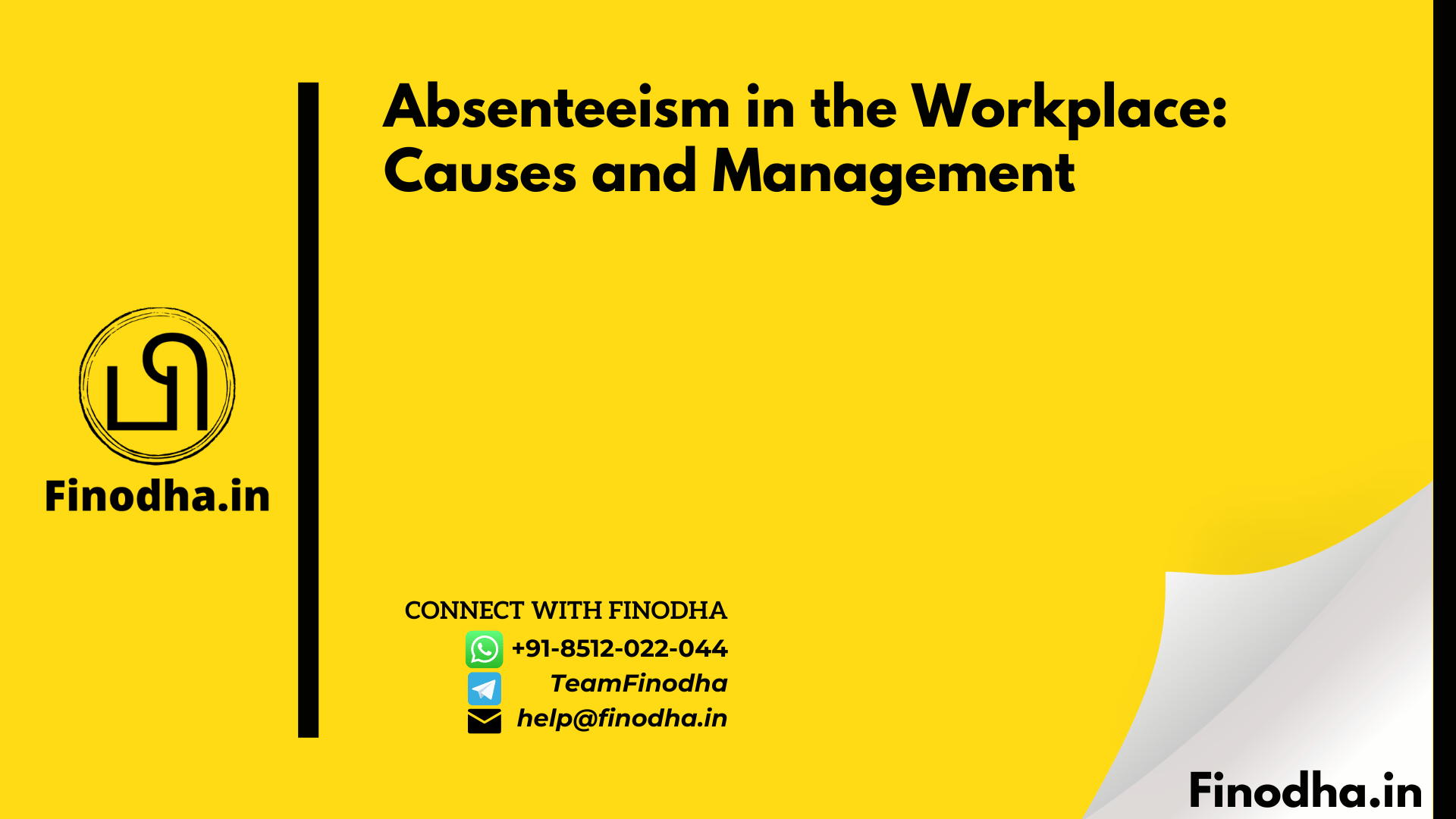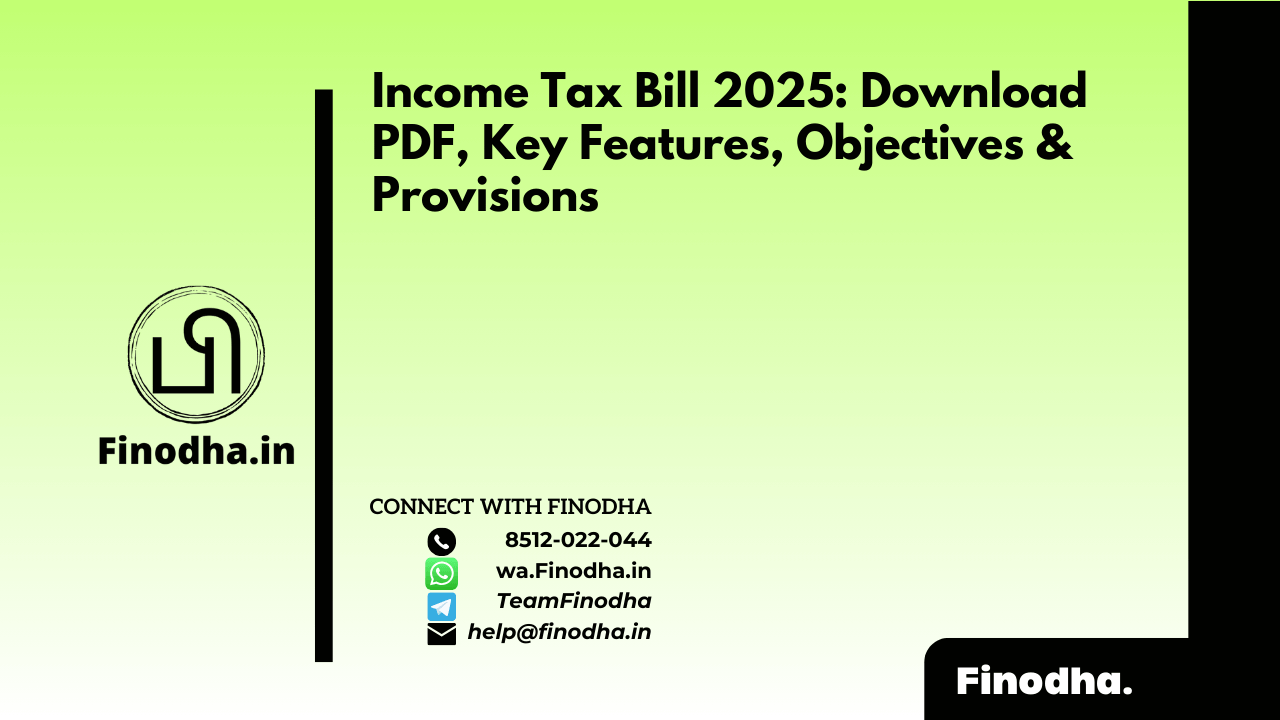Important Keywords: absenteeism, workplace, management, causes, EAP, stress, productivity, morale.
Table of Contents
Introduction
Absenteeism refers to the practice of being regularly absent from work without a valid reason. This can have negative consequences for both the employee and the employer. While absenteeism was previously seen as a sign of poor individual performance, more recent research suggests it may be related to other factors such as psychological or social issues.
Causes of Absenteeism Workplace
Absenteeism can be caused by a range of factors, including low morale, workplace hazards, and stress. Short, unplanned absences can have a bigger impact on the workplace than long-term absences. However, measuring absenteeism can be difficult, and workers may feel pressure to come to work even when they are sick, leading to further absences.
Managing Absenteeism
To manage absenteeism, employers can implement strategies such as forming an Employee Assistance Program (EAP). This program helps employees deal with personal issues that may be impacting their work performance. Employers can also work with employees to find solutions to stress-related absences.
Key Takeaways
- Absenteeism is a practice of regularly being absent from work without a valid reason.
- Workplace hazards, low morale, and stress can contribute to absenteeism.
- Managing absenteeism requires a proactive approach, including forming an EAP and finding solutions to stress-related absences.
Conclusion
Absenteeism can have a negative impact on the workplace, but employers can take steps to manage the issue. By implementing strategies such as an EAP and addressing stress-related absences, employers can create a more positive work environment for all employees.
Download Pdf: https://taxinformation.cbic.gov.in/




